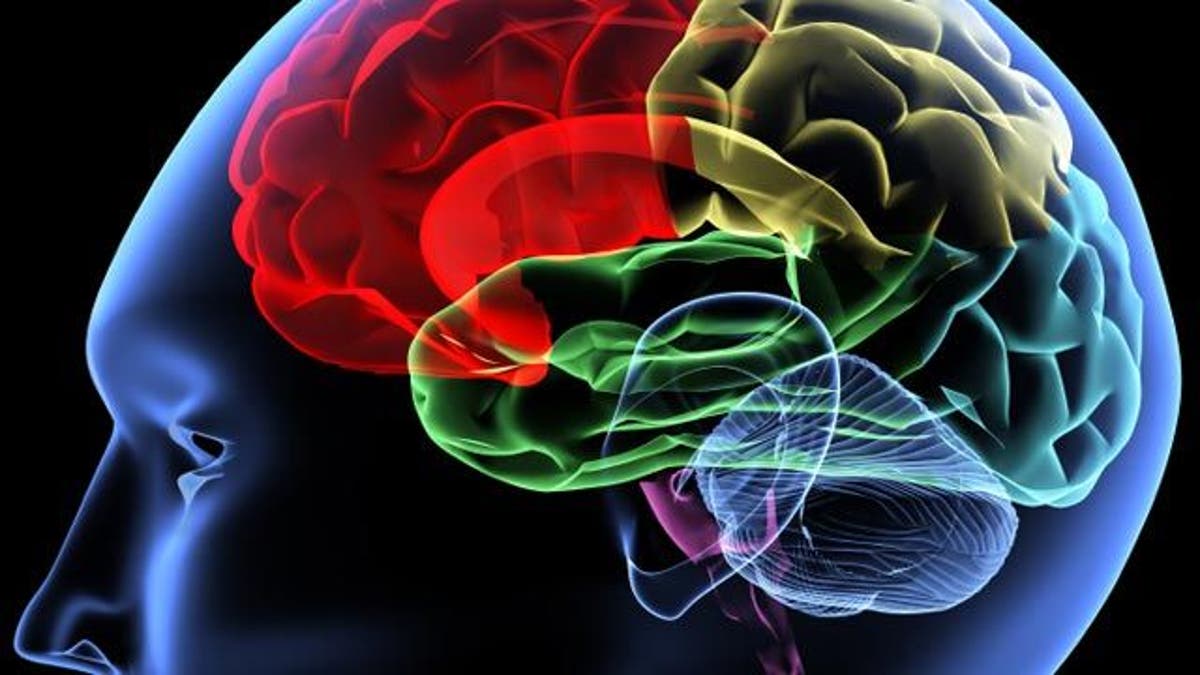
After a person experiences a concussion, he or she may have brain abnormalities that last much longer than most other concussion symptoms, Medical News Today reported.
In a study published in the journal Neurology, researchers analyzed diffusion tensor imaging brain scans from 50 people who had suffered a mild concussion within the past two weeks, and 50 people who had not. The participants were also required to undergo tests assessing their memory and thinking skills – as well as screenings for anxiety and depression.
In the initial screenings, people who had suffered a concussion had more self-reported issues with their memory and thinking skills, as well as headaches, dizziness and symptoms of depression and anxiety. The concussion victims also had more evidence of abnormalities in the gray matter of the frontal cortex region of both sides of the brain, according to Medical News Today.
When the participants were tested again four months later, they experienced a 27 percent reduction in physical symptoms. However, brain scans showed that the gray matter abnormalities in the brain were still present.
Study author Andrew R. Mayer, of the Mind Research Network at the University of New Mexico School of Albuquerque, said their findings may indicate that people recover from concussions in two distinct phases – similar to the way people recover after experiencing a burn wound.
“During recovery, reported symptoms like pain are greatly reduced before the body is finished healing, when the tissue scabs,” Mayer said. “These findings may have important implications about when it is truly safe to resume physical activities that could produce a second concussion, potentially further injuring an already vulnerable brain."
